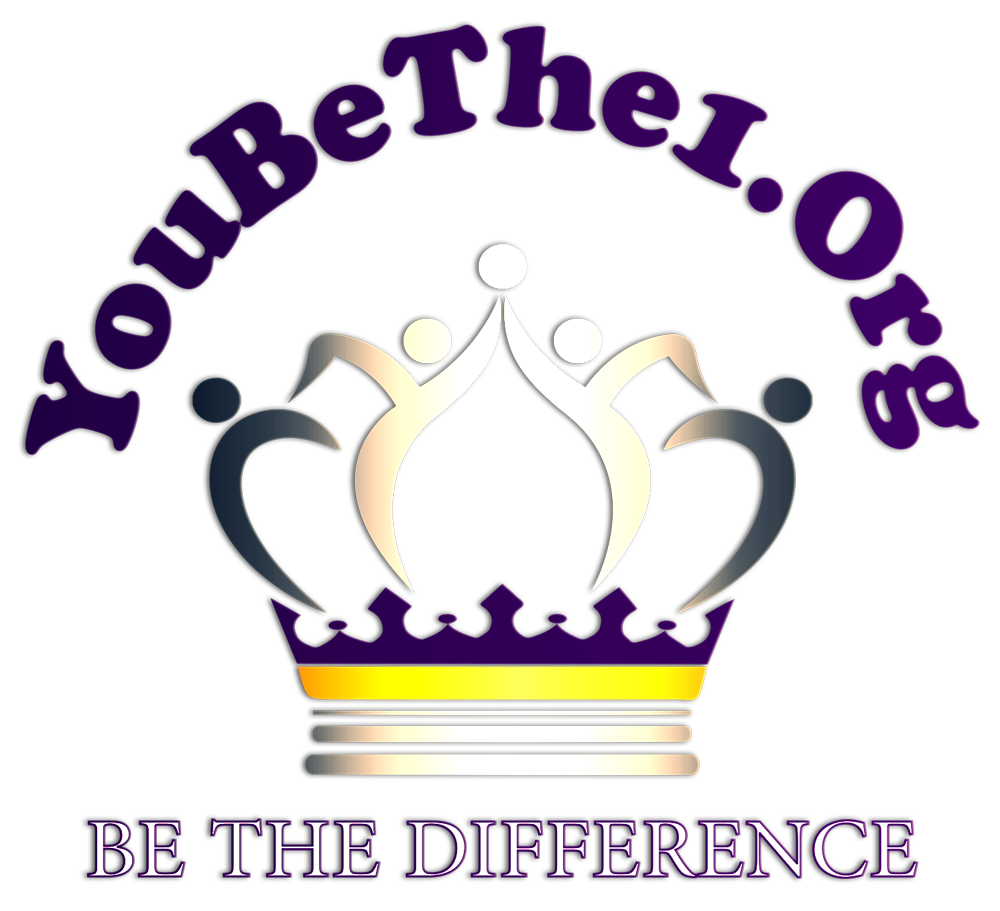In any given year, 43.8 million Americans experience mental illness, and 9.8 million people experience a severe mental illness during a given year. Many people who experience a mental illness do not receive treatment, counseling, therapy, or medication because of the stigma associated with psychological disorders. Society is quick to stigmatize those who have a mental disorder, but society does not defame and label people who have diabetes, cardiovascular disease, cancer, or kidney disease. Why is it so difficult to fathom that the brain is an organ that can cause complications? No one has insulting names for children with cancer, babies born with down-syndrome, or adults with cardiovascular disease, but words such as depression, anxiety, autism, bipolar, Attention-Deficit Hyperactivity Disorder are associated with negative connotations – preventing people from receiving adequate treatment and living a healthy and fulfilling life.
More than 300 million people worldwide are affected by depression, and depression is the mental illness directly associated with suicide. Ninety percent of people who died by suicide had an underlying, treatable mental illness. As concerned, productive members of society, we must encourage people to seek help and be willing to be the one to make a positive difference in the lives of others. It is essential we transform minds and institute a culture that is literate, empathic, and compassionate about the challenges of people who need an advocate, someone, to stand in the gap and be willing to be an upstander to stigmatization, sharing the truth that it is okay not to be okay. Individuals with mental disorders must know that there is nothing wrong with mental illness and they are not alone – in fact – they are one of the millions, so we must encourage them to embrace every part of who they are and enjoy living a life that is purpose-driven and purposefully filled.
We all must choose to be the ones to make a difference in our community by becoming culturally competent and astute to mental illnesses. Too many suicides are happening and for ninety percent of those who died could have been treated, given hope, and recovered from a hopeless situation, of what they believed, a place of “no return.” As we go throughout our daily lives, we must be intentional about making a difference and adding value to the lives of others, believing in the good that is inside of people, and loving them unconditionally – not according to what we think they are worth. We must be the change we want to see, and if we are not part of the solution, we are part of the problem. Not only as a society – but as a nation – we must stand up for righteousness; we must stand up for injustice; we must stand up to inequality; we must be a voice for those who will not speak up for themselves; we must eradicate the stigma of mental illness.
